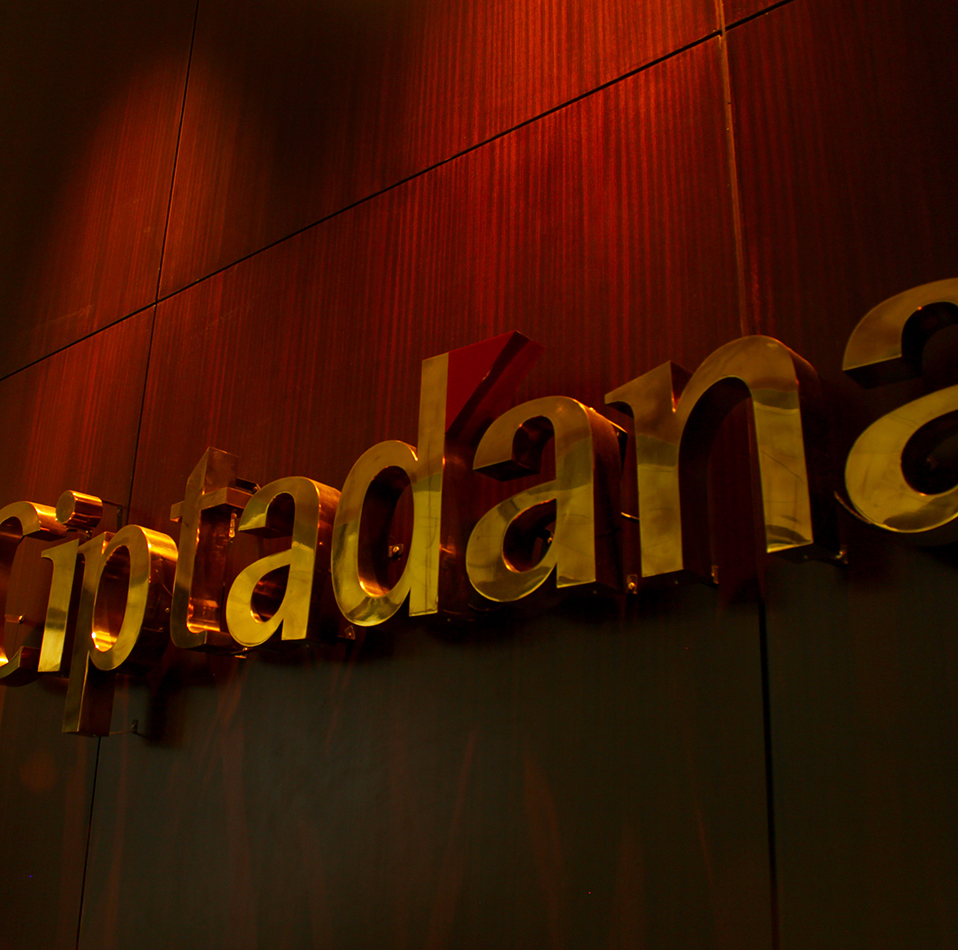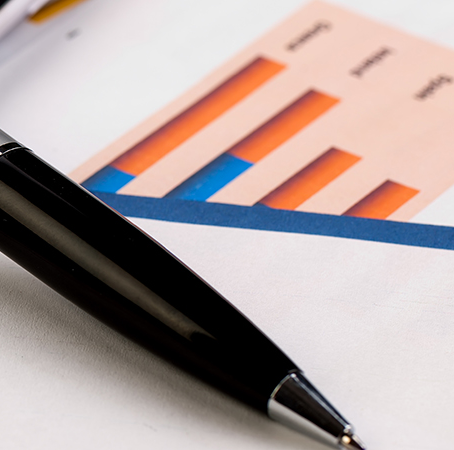ECONOMIC UPDATE - Monetary and Banking Review
Tight Monetary, Accommodative Macroprudential
50 bps rate hike and LTV relaxation
Bank Indonesia (BI) decided to raise its policy rate by 50bps to 5.25% in June Board of Governor (BoG) meeting, which is higher than our estimate and Bloomberg consensus. It also increased deposit facility rate to 4.50% and lending facility rate to 6.00%. Although central bank delivered hawkish surprise in its monetary policy, it is still accommodative in its macroprudential policy by easing the loan to value (LTV) requirement.
Global volatility pushed BI to raise rate higher than expected
We see that BI’s stance is rational as global volatility increase due to shifting FOMC projection of FFR hike in June’s meeting and escalation of trade war tension. The negative effect of FFR expectation should not continue to 2H18 as FOMC has expressed its hawkish view by increase FFR hike expectation to four hikes though we have predicted it since the beginning of 2018. However, tension of trade war escalates more than we have predicted before, especially after the failure of US – China trade negotiation in May. Increasing Trump’s approval rating during trade war news (see exhibit 8) will push US administration to keep imposing tariff to China for reducing trade deficit with them. The negative effect of trade war to China’s growth may affect its demand to emerging market export of raw materials and intermediary goods as it become the high end manufacturer in global value chain. Meanwhile, we do not see ECB’s bonds purchasing cut will affect market negatively as it is more dovish policy than market previously predict (cut all of bonds purchasing).
Rate hike may not affect Rupiah significantly
Many economists argue that previous rate hike in the extraordinary board of governor meeting succeeded to bring Rupiah below USD/Rp14,000. It may be true since Rupiah strengthen after the rate hike decision but we believe that previous Rupiah appreciation after BoG meeting was also significantly affected by dovish statement of The Fed which lowered market FFR expectation to three hikes again in late May. Exhibit 2 denotes more dovish Fed bring US treasury yield to around 2.8% and correlated by strengthening Rupiah. However, after FOMC projection showed 4x FFR hike expectation, Rupiah is back to Rp 14,000 – Rp 14,100 territory and even reached Rp 14,400 after US plan of imposing tariff to both China and EU. We believe that with current circumstances, 50 bps rate hike will stabilize Rupiah only to around Rp 14,200 level or Rp 14,000 level if trade war tension ease. However, we find it is very difficult for Rupiah to be back at below Rp 14,000 except there is a more dovish view of The Fed and significant ease of trade war tension. Also, let’s not forget significant trade deficit in April and May which may lead to higher than anticipated CAD in 2018.
Competing effect of LTV easing and rate hike
On June BoG meeting, Bank Indonesia introduced easing on LTV requirement. The easing included no LTV requirement (will be each bank’s policy) on first mortgage for property such as landed houses, apartments, and shop houses, and LTV for second mortgage onwards at around 80%-90%. Banks are required to have NPL (net) below 5% to comply with the new rule. Easing LTV rule will have positive effect for millennial generation, especially for the first mortgage LTV. However, the accommodative LTV policy effect will face tough challenge from current tightening stance of central bank. BI has increased policy rate by 100 bps by this year and may continue to increase it by next year by 75 bps, following Fed’s hawkish stance of 175 bps FFR hike in 2018-2019. Current rate hike still have limited effect on credit rate indeed. However, credit rate may adapt the significant rate hike within 6-12 months which we believe is the time when the LTV easing will take effect. The latest LTV easing in 2016 affect demand of mortgage by 12 months after the release in August 2016. Although there will be a tough challenge from rate hike effect, we still see that LTV easing will have slight dominance over rate hike effect as down payment (DP) still became major restrain of millennial to buy property by mortgage scheme. A survey of 1,922 respondents by rumah123, as quoted by Bisnis Indonesia (May 16, 2018), denoted that 43.44% respondents admit that down payment is the major restrain of buying properties, followed by insufficient income (28.17%), too much debt (14.84%) and less jobs security and stability.
















